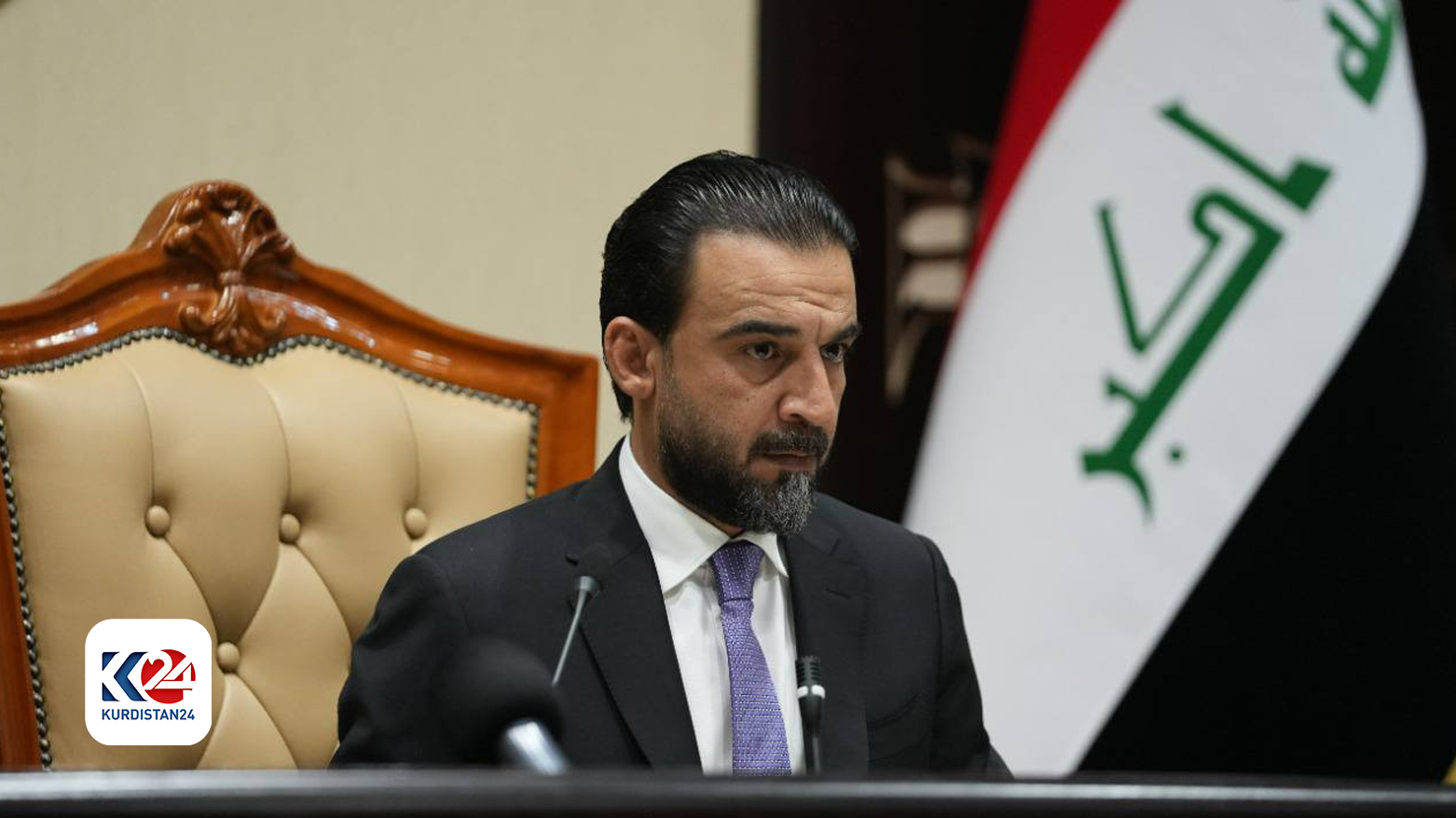Uncertainty surrounds selection of new Iraqi parliament speaker

ERBIL (Kurdistan 24) - Sunni and Shiite forces and parties in Iraq have put forth divergent proposals regarding the appointment of the new speaker of parliament, signaling a period of uncertainty and political maneuvering.
Following the withdrawal of Shaalan al-Karim, the nominee from the Progress Party, from the race for speaker of the Iraqi parliament, internal conflicts and disputes within Sunni factions have intensified, casting doubt on the direction of future negotiations.
Read More: Key candidate withdraws from Iraqi Parliament Speaker race
While some Shiite political entities view this development as an opportunity for resolution, Sunni forces remain divided, with no consensus yet reached on a unified candidate.
The withdrawal of Shaalan al-Karim has sparked varied reactions within political circles.
Thaer al-Jubouri, representing the ruling State of Law Coalition, expressed optimism about the impending vote for the new speaker of parliament, emphasizing its potential to expedite the election of a new president and instill confidence in Salim al-Issawi 's candidacy.
Conversely, Ali al-Zubaidi, a prominent figure in the Fatah Alliance, sees al-Karim's withdrawal as a step toward resolving the crisis, anticipating the imminent selection of a new speaker through political consensus.
However, Sunni parties maintain a cautious stance amidst the ongoing deliberations. Mohammed Al-Alawi of the Progress Party lamented the lack of progress in electing a new speaker and underscored the difficulty of replacing the incumbent, Mohammed al-Halbousi.
Alawi revealed that discussions have surfaced within certain factions regarding al-Halbousi 's potential return, contingent upon legal and judicial procedures.
Nihal al-Shammari of the Azem Alliance, shed light on the proactive measures taken by Sunni lawmakers to address the speaker vacancy. Shammari outlined two potential courses of action: either boycotting parliamentary sessions or urging political forces to expedite the resolution process.
As Iraq navigates through this period of political uncertainty, the selection of a new speaker of parliament remains a pivotal issue, with ramifications for the country's governance and stability.
The selection of the Iraqi parliament speaker holds significant implications for the country's political landscape, reflecting broader power struggles and sectarian dynamics. The withdrawal of Shaalan al-Karim underscores the complexities inherent in coalition politics, as various factions vie for influence and representation within the government.
Sunni and Shiite factions have historically engaged in negotiations and power-sharing arrangements to maintain stability and ensure their interests are represented in Iraq's political institutions. However, internal divisions and external pressures often complicate these efforts, leading to prolonged periods of uncertainty and deadlock.
The potential return of Mohammed al-Halbousi highlights the intricate interplay between legal procedures and political calculations, underscoring the delicate balance between institutional norms and pragmatic considerations in Iraqi politics. As stakeholders continue to navigate these challenges, the resolution of the speaker vacancy will undoubtedly shape the country's political trajectory in the months to come.
